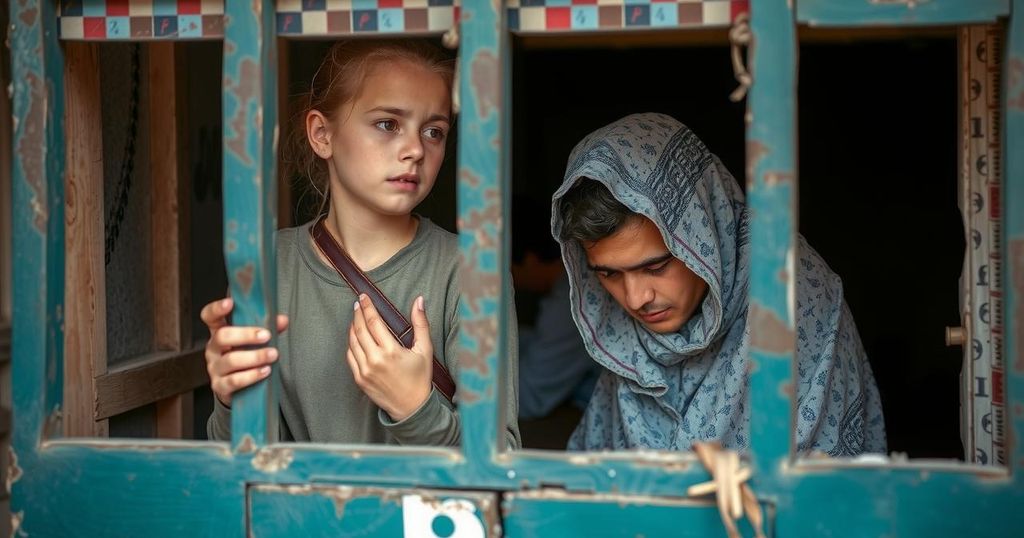Following the collapse of Assad’s regime, tales of suffering emerge from the families of the imprisoned and disappeared in Syria. Thousands of detainees have been released, yet many remain unaccounted for, with ongoing violence and repression. Noteworthy stories include Mazen al-Hamada’s tragic battle for justice, Rania al-Abbasi’s family’s enforced disappearance, and Tal al-Mallouhi, who endured years of detention for her writings. These narratives highlight the enduring scars of Syria’s conflict and the pressing need for accountability.
In the aftermath of President Bashar al-Assad’s regime, many Syrians flocked to notorious detention centers, desperately seeking news of family members who had been imprisoned or forcibly disappeared. Although thousands have been liberated, many remain missing as unchecked violence persists. As per estimates, nearly half a million have perished during the civil war, with up to 100,000 believed to have succumbed to the dire conditions of government-operated prisons.
Among the harrowing tales shared is the story of Mazen al-Hamada, a prominent activist and victim of inhumane treatments in Assad’s prisons. He was arrested in 2012 after engaging in peaceful protests against the regime. Subjected to unspeakable torture, al-Hamada ultimately fled Syria, but his pursuit of justice and activism continued internationally until his tragic return to Syria in 2020, where he was re-arrested and later found deceased in a hospital, his condition emblematic of the regime’s brutality.
Another poignant narrative is that of Rania al-Abbasi, a dentist and her family, who disappeared after a charitable act during the uprising. Arrested by security forces alongside her husband and six children, they were never seen again. Rania’s sister, Naila, has campaigned tirelessly for their release, but the silence surrounding their fate remains torturous, reflecting the widespread suffering of families impacted by the state’s violent suppression.
Finally, the story of Tal al-Mallouhi highlights the plight of young, outspoken critics of the regime. Arrested at 19 for her writings, she spent over a decade in detention. Her recent release has brought her family joy, yet the unspoken horrors she may have endured during her imprisonment linger in the shadows, calling attention to the systemic repression facing dissenters in Syria.
The ongoing civil war in Syria has resulted in significant human rights violations, particularly concerning detainees. Reports indicate that thousands have vanished into the shadow of Assad’s regime, imprisoned for merely expressing dissent. The international community faces challenges in addressing these atrocities, as many families remain haunted by the uncertainty surrounding their loved ones. The human cost of this conflict extends beyond loss of life; it includes the emotional and psychological trauma experienced by survivors and families of the missing, making the search for justice and accountability a pressing issue.
Each of these narratives underscores profound suffering and resilience amidst ongoing brutal repression. Mazen al-Hamada’s tragic fate serves as a stark reminder of the regime’s relentless cruelty, while Rania al-Abbasi’s family illustrates the widespread impact of enforced disappearances in Syria. Tal al-Mallouhi’s story embodies the hope for liberation yet also highlights the deep scars of past injustices. These accounts collectively strengthen the call for justice and accountability against systematic atrocities, emphasizing the need for the international community to respond adequately to such heinous acts.
Original Source: edition.cnn.com






